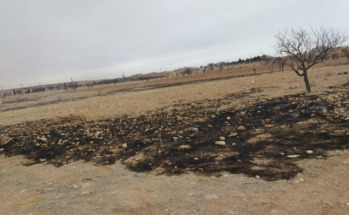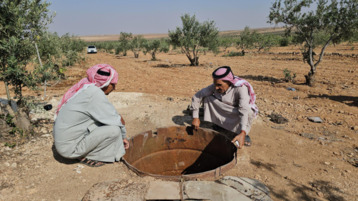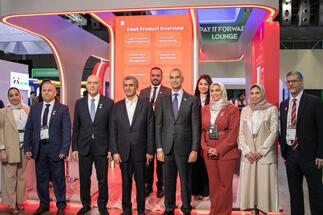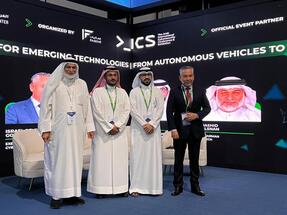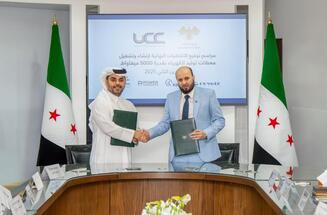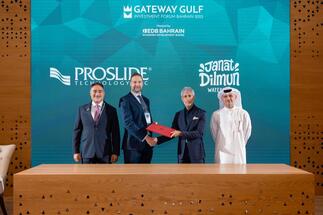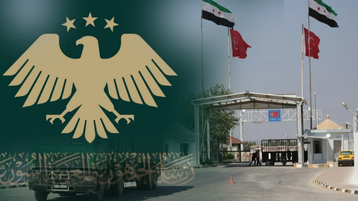-
Reading on the Journey (The Road to Krishna) by Sana’a Al-Shalan: How I Came to Know Naima Al-Mashayekh with Sana’a Al-Shalan?
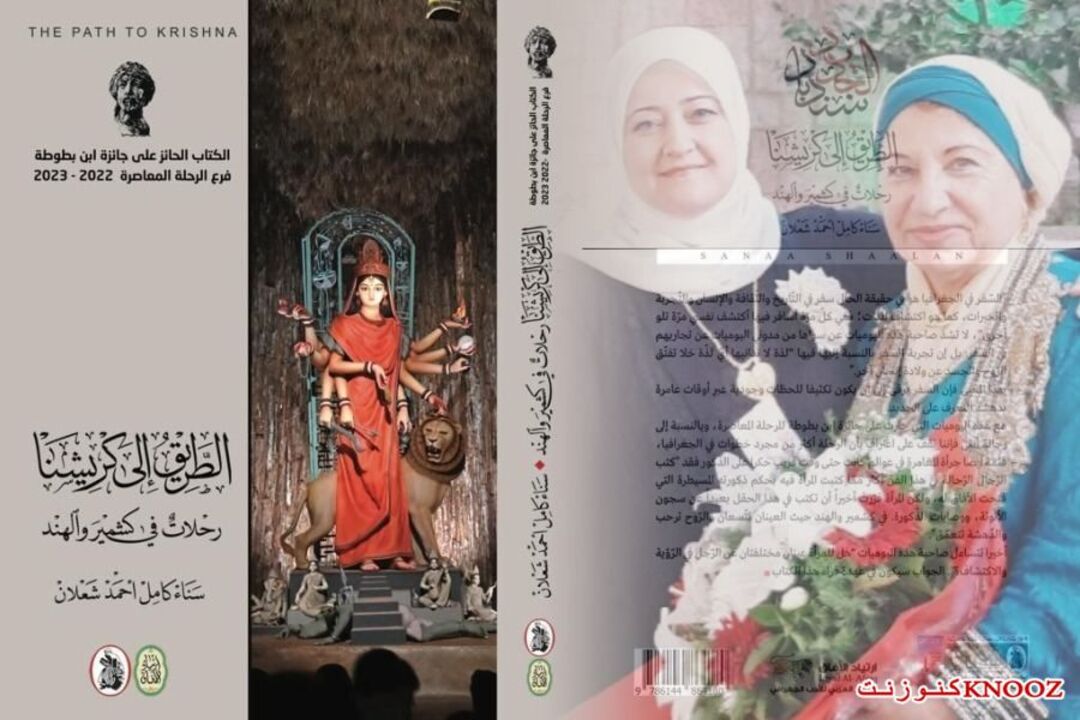
By: A. Dr. Muhammad Thana Allah Al-Nadwi
My acquaintance with distinguished literary and human figures and cultural institutions from Jordan dates back to a period that cannot be described as short; for the years that exceed two full decades have enriched me with a wealth of beautiful connections —literarily, intellectually, administratively, and personally—with individuals and institutions at the Arab level. These have been fruitful periods that have scripted pages from the journey of a wandering memory exploring the landscapes of Arabness, from the Atlantic coast and the Maghreb countries to the land of the Pharaohs, the Levant, the Holy Cities, and the various Gulf States.
These memories intertwine, uniting their limbs, as if they are a living structure, a breathing entity; an indivisible whole or an integral part. Even though physics and the book of skepticism about time render judgments that make the laws of creation and the mathematics of existence contradict the thoughts of this writer.
The pen is responsible; it expresses words inspired by the mind. The responsibility of the Arab pen is a matter fraught with risks and bets emanating from the history of the Arab nation and the Islamic world, which have witnessed various waves of rise and fall, as well as fluctuations in the scales of justice within contexts governed by political, cultural, and educational references that uphold the notions of westernization and alienation. These are rising and bending waves according to the laws of collision.
Literature is a responsibility because it is primarily an educational tool, despite also containing recreational aesthetics that preoccupy the residents of ivory towers or simple-minded individuals and those with domesticated or hybrid perceptions. This aesthetic and entertaining dimension also has the potential to create a consciousness that holds the self accountable in moments of negligence and awakens it, whether in a half-conscious or half-asleep state.
No matter how we debate in idealistic or purplish rationality or spring-like thoughts, there is a field we can only engage in when we are at the utmost seriousness and sobriety, which is the field of children's literature and education. The child we nurture as a twin to the future, we raise considering them the better part of ourselves, an aspect that leaves no room for carelessness or deficiency in ideal upbringing, both materially and morally.
What is global and Arab literature in this context, such as Charles Perrault (1628-1703), Antoine Galland (1646-1715), Jacob Grimm (1785-1863), Wilhelm Grimm (1786-1859), Lewis Carroll (1832-1898), Hans Christian Andersen (1805-1875), and figures like Ahmed Shawqi (1868-1932), Kamel Kilani (1897-1959), Sulayman Al-Eissa (1921-2013), Salim Barakat, Ahmed Nagib, Ali Al-Hadidi, Jaafar Al-Sadiq, Yusuf Al-Sharif, Mahmoud Fahmy, Mohamed Al-Arousi, Abdu Khal, Alawi Al-Safi, Abdul Rahman Al-Murakhi, Ali Al-Khalili, and Sana’a Al-Shalan, author of the award-winning novel (Friends of Dima), recognized by the Katara Prize for Children's Literature in its fourth session, and Naima Al-Mashayekh, awarded the title of Ideal Mother for the year 2017, and the title of Ambassador of Mercy, and awarded the Medal of Leadership and Creativity for the year 2021 from the International Union of Arab Leaders and Creatives—among others—only exemplifies the depth of this awareness and the rigor of this responsibility.
As for the pen concerning the registration of the other and depicting them in the memory of the pages, known as travel literature, it holds no less importance and seriousness than before; rather, its sensitivity and seriousness increase because the subject is linked to the geographical, mental, and cultural other. We will not delve into the details of this subject that tempts us more with its curiosities; since travelers are enchanted by the superficial appearances through which they penetrate the essential profundities, and rarely escapes from their destructive grasp.
From here emanates the danger of the responsibility that travelers endure in global literature, and we only need to remember figures like Fahian (337-422), Huyin Song (602-664), Ibn Battuta (1304-1377), Ibn Jubair (1145-1214), Nasir Khosrow (1003-1077), and Marco Polo (1254-1324), and many others.
However, the journeys that unite mother and daughter, such as those of Jeetifer Wirth, Anne Kid Taylor, Claire and Mia Fontaine, Mena Howard, Deb Aspira, Fiona Field, Emma Hamidgehan, Catherine Elliot, Alice Fitzgerald, and others, carry a significance different from
You May Also Like
Popular Posts
Caricature
opinion
Report
ads
Newsletter
Subscribe to our mailing list to get the new updates!

